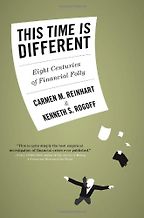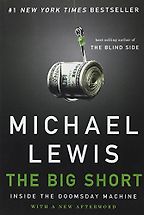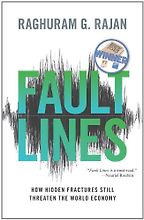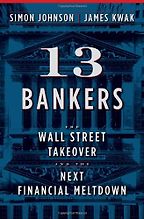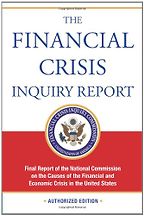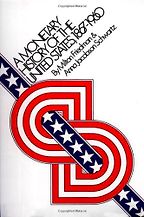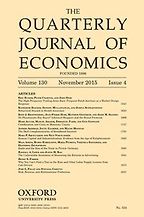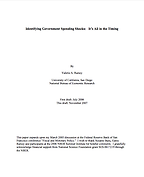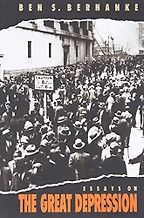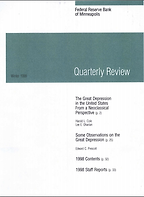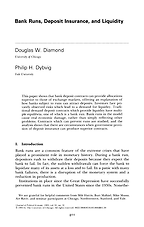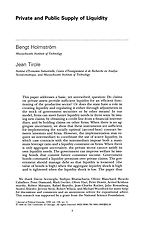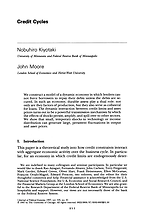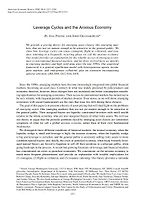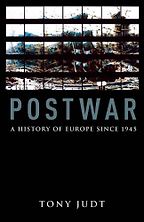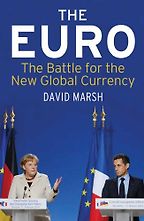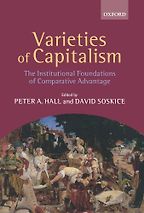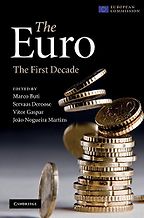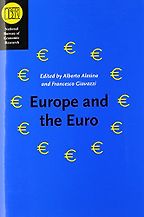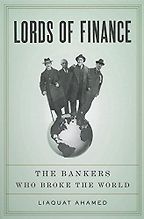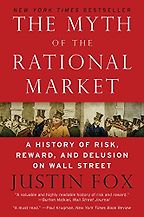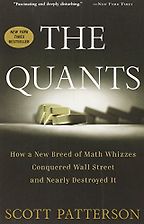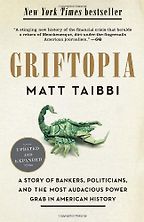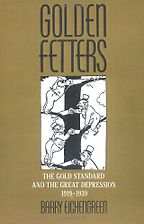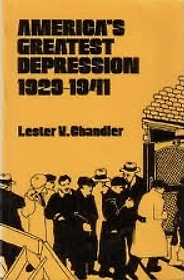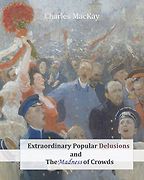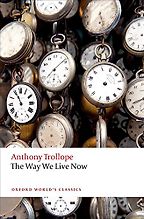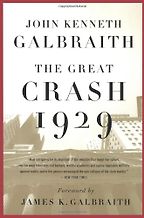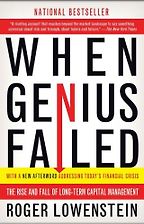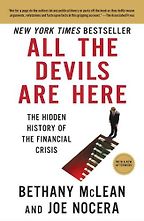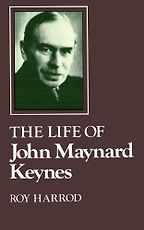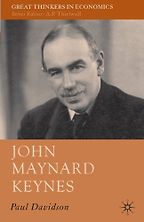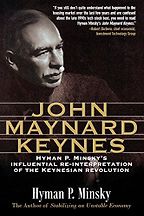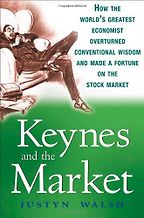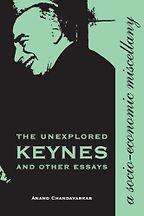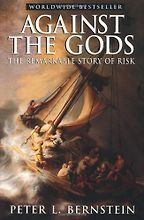Financial Crisis
Last updated: April 03, 2025
The financial crisis that roiled the world in 2008 inspired a number of new books and writing on financial crises, crashes and depressions.
Our interviews with experts include Eric Maskin, one of the winners of the 2007 Nobel economics prize, examining how well equipped economic theory is to predict a financial crisis. Gary Gorton, a finance professor at Yale, also provided his reading list on financial crises.
In terms of a historical perspective, both Robert Barro of Harvard and Christina Romer of Berkeley, who also served as Barack Obama's top economic adviser, chose their top books on the lessons from the Great Depression. Robert Skidelsky recommended his best books on an economist who has made quite a comeback since 2008, John Maynard Keynes.
Political scientist Francis Fukuyama talked to us about the political aspects of the 2008 financial crisis and Wall Street fund manager and Bloomberg columnist Barry Ritholtz looked at its causes. Barry Eichengreen, an economist at Berkeley, recommended books to better understand the Euro.
Our most recommended books on financial crises include Carmen Reinhart and Ken Rogoff's This Time is Different, a perennial favourite for the data it provides. If you're more one for anecdotes about financial mishaps, few do it better than Charles Kindleberger's Manias, Panics and Crashes.
-

1
This Time Is Different
by Carmen Reinhart & Kenneth Rogoff -

2
The Big Short: Inside the Doomsday Machine
by Michael Lewis -
3
Fault Lines: How Hidden Fractures Still Threaten The World Economy
by Raghuram G Rajan -

4
13 Bankers
by James Kwak & Simon Johnson -

5
The Financial Crisis Inquiry Commission Report
by FCIC
Francis Fukuyama recommends the best books on the The Financial Crisis
Francis Fukuyama recommends the best books on the The Financial Crisis
The author of “The End of History” says the financial crisis revealed a great deal about the nature of America’s political and economic system. The shame, he says, is that opportunities to change it are now being ignored.
-

1
A Monetary History of the United States, 1867-1960
by Anna Schwartz & Milton Friedman -

2
Macroeconomic Effects from Government Purchases and Taxes
by Robert Barro -

3
Identifying Government Spending Shocks
by Valerie Ramey -

4
Essays on the Great Depression
by Ben Bernanke -

5
The Great Depression in the United States from a Neoclassical Perspective
by Harold Cole and Lee Ohanian
The Lessons of the Great Depression, recommended by Robert Barro
The Lessons of the Great Depression, recommended by Robert Barro
Harvard macroeconomist Robert Barro takes issue with some common assumptions about the Great Depression, and how America got out of it.
-

1
A Brief Popular Account of all the Financial Panics and Commercial Revulsions in the US from 1690 to 1857
by Members of the New York Press -

2
History of Crises under the National Banking System
by O M W Sprague -

3
Hard Times
by Studs Terkel -

4
The Crucial Years
by Dorothea Lange -

5
A Primer on Securitization
by Edited by Leon Kendall and Michael Fishman
The best books on Financial Crises, recommended by Gary Gorton
The best books on Financial Crises, recommended by Gary Gorton
Yale professor Gary Gorton says today’s financial crisis may feel like a unique event, but in the US and in the UK crises are historically common. And we have a history of similar responses.
-

1
Bank Runs, Deposit Insurance and Liquidity (Journal of Political Economy, Vol. 91, No. 3, June 1983)
by Douglas Diamond and Philip Dybvig -

2
Private and Public Supply of Liquidity (Journal of Political Economy, Vol. 106, No. 1, February 1998)
by Bengt Holmstrom and Jean Tirole -

3
The Prudential Regulation of Banks
by Mathias Dewatripont and Jean Tirole -

4
Credit Cycles (Journal of Political Economy, Vol. 105, No. 2, April 1997)
by Nobuhiro Kiyotaki and John Moore -

5
Leverage Cycles and the Anxious Economy (American Economic Review, Vol. 98, No. 4, September 2008)
by Ana Fostel and John Geanakoplos
Economic Theory and the Financial Crisis: A Reading List, recommended by Eric Maskin
Economic Theory and the Financial Crisis: A Reading List, recommended by Eric Maskin
The 2007 Nobel Economics Prize winner says that, contrary to popular perception, economic theory did a good job of predicting the financial crisis, it’s just that no one was paying any attention. Eric Maskin talks us through four journal articles and one book on ‘economic theory and the financial crisis.’
The best books on The Euro, recommended by Barry Eichengreen
With hindsight, was the euro a good idea? Will it come through the present crisis intact or will any country decide to leave? And what happens if they do? Economist Barry Eichengreen recommends the best books on the euro.
The best books on Causes of the Financial Crisis, recommended by Barry Ritholtz
Wall Street money manager Barry Ritholtz diagnoses the ills of America’s political and economic system in a fizzing, irreverent analysis (with promised f-bombs thrown in). He recommends the best books on the causes of the financial crisis.
The best books on Learning from the Great Depression, recommended by Christina Romer
Economist Christina Romer, former chair of President Obama’s Council of Economic Advisers, says we’ve learned that terrible downturns can still occur, but also that the right policy response can make a huge difference to the outcome. She talks us through books and articles that help us better understand how to get out of an economic crisis.
The best books on Financial Speculation, recommended by John Gapper
We all have a bit of the rogue trader in us. So says the chief business commentator of the FT, who tells us about the greed, vanity and weakness that can lead to financial disaster. He picks the best books on financial speculation.
The best books on John Maynard Keynes, recommended by Robert Skidelsky
Keynes biographer Robert Skidelsky recommends the best books about one of the most important economists of all time, John Maynard Keynes.
The best books on Understanding High Finance, recommended by John Lanchester
Understanding finance is key to understanding how the world works, but many people know very little about it. Journalist John Lanchester picks five accessible books to bring the layperson up to speed.
